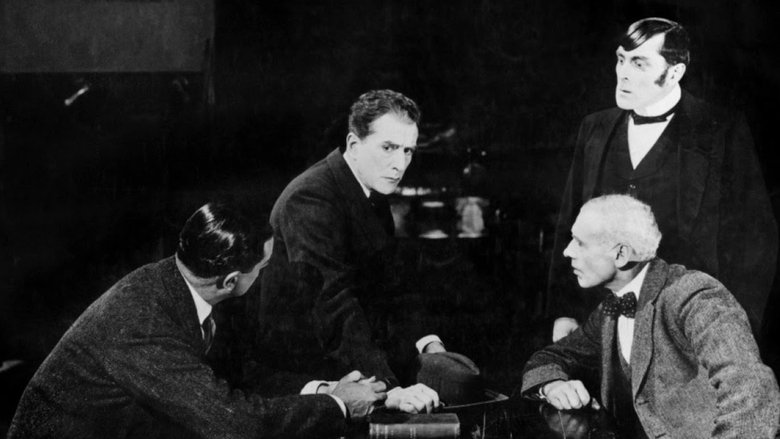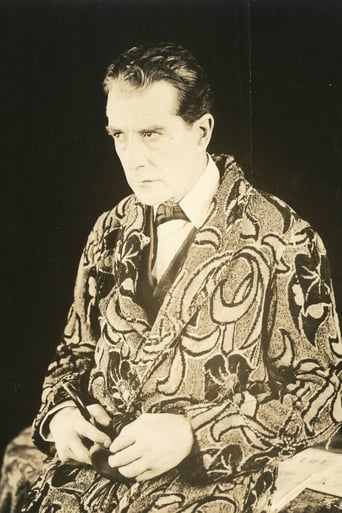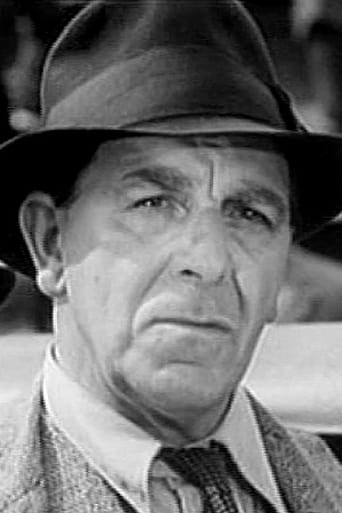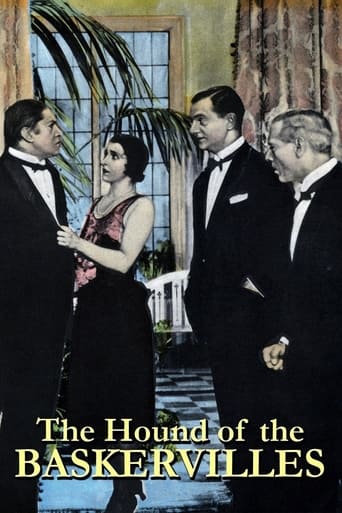
After the death in suspicious circumstances of Charles Baskerville, the last descendant of the lineage of the Baskervilles, Henry, returned to the old family mansion. The charismatic detective Sherlock Holmes and his faithful assistant, Dr. Watson, investigating the case, and discover the existence of a supernatural hound that in addition murderer according to history, killed many years ago Hugo Baskerville, the first of the line, and it seems that the curse stalks his descendants.
Similar titles
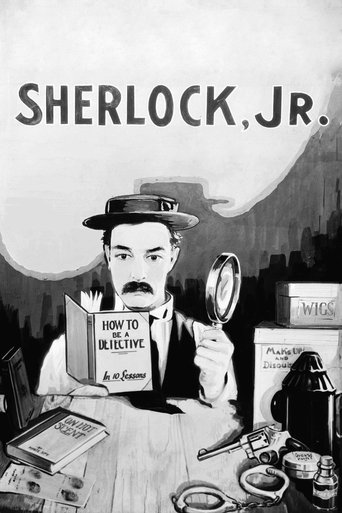
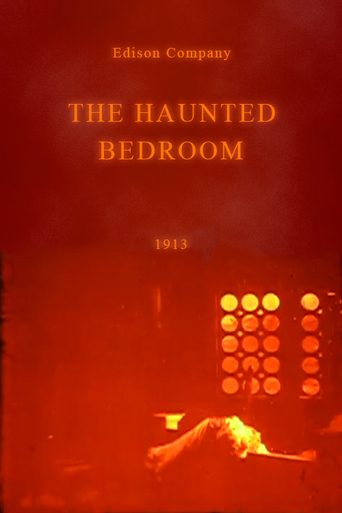
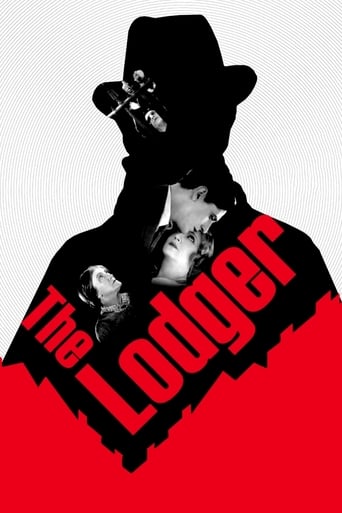

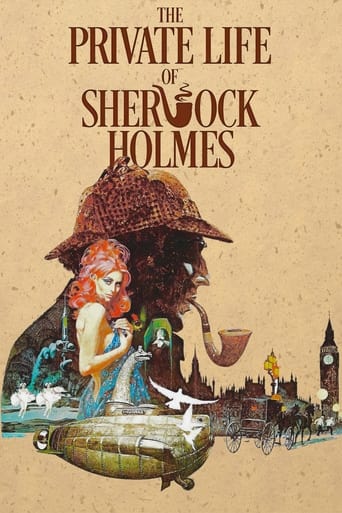
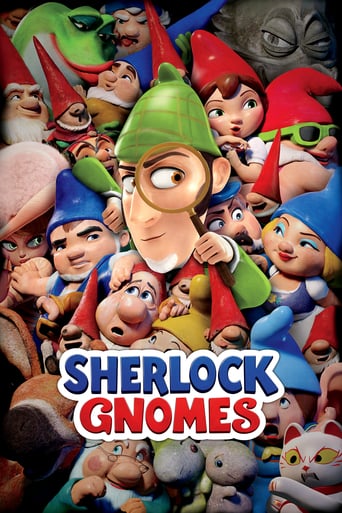
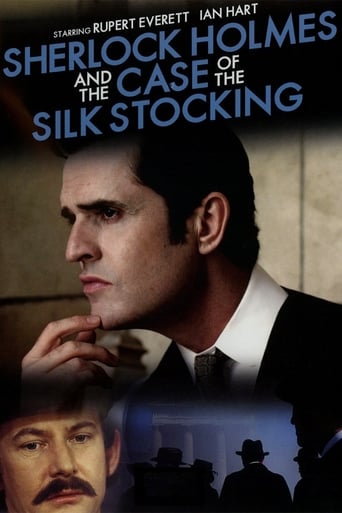
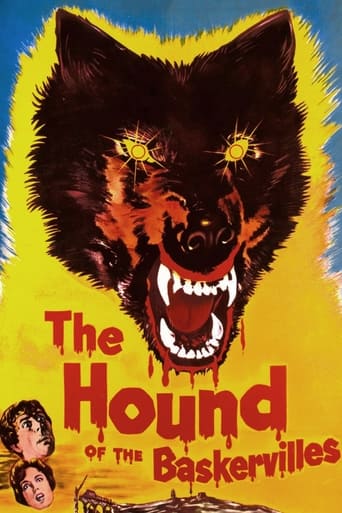
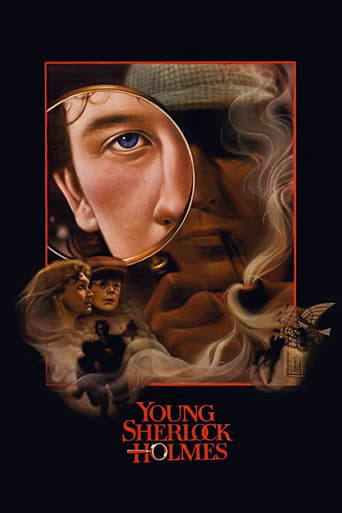
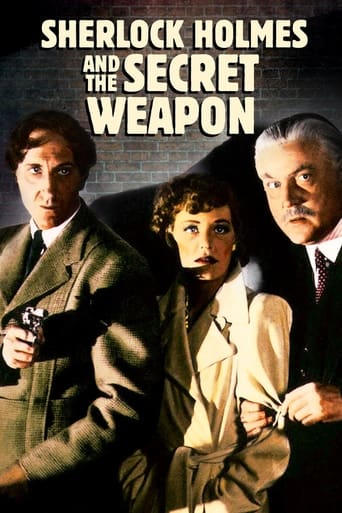
Reviews
To me, this movie is perfection.
Sadly Over-hyped
A Masterpiece!
This story has more twists and turns than a second-rate soap opera.
I'm probably the only cinema-goer for about eighty years or so to have leapt (metaphorically) with excitement on spotting Eille Norwood's name on the list of forthcoming attractions; but in my dual capacity as Sherlock Holmes and silent film fan I'd long been familiar with Norwood's fame as the actor approved by Conan Doyle himself. ("He has that rare quality which can only be described as glamour, which impels you to watch an actor eagerly when he is doing nothing. He has the brooding eye which excites expectation and he has also a quite unrivalled power of disguise.") So when faced with the prospect of actually being able to witness one of these rare films on the big screen, I naturally seized upon it with both hands.To be honest, this probably isn't the best film to appraise Norwood's technique; as in the book, Holmes is absent from the screen for a considerable portion of the story, and the character doesn't here appear anywhere in disguise. Most of his role consists of either listening attentively at the beginning or issuing plans of command at the end, and he gets to crack a single joke as the film's exit line, poking fun at Sir Henry's (and the plot's) tendency to romantic excess; his great deduction of the villain's guilt is rather undermined by the fact that the decoy notes are not only both in the same handwriting, but actually signed(!) -- but this flaw in the scenario really isn't the actor's fault, and he gives a good performance. Various characters (principally Barrymore and Stapleton) overact lamentably in places, but Holmes is not one of them. Eille Norwood has a clear grasp of film technique: witness the scene in which he recognises the face in the portrait, his attention subtly caught and comprehension dawning.I'd need to see him in a different adaptation to judge his performance properly, as he has relatively little to do in this, but based on what I saw here I'd rank this as a perfectly good interpretation without being outstanding -- and reserve the right to upgrade on further evidence! I was certainly amazed to learn that he was fifty-nine at the time.The film as a whole is perhaps most justly described as workmanlike. I think it has pacing problems; it's more a thriller than a mystery (perhaps inherent in the novel), and most of the 'mystery' material is galloped through very quickly via economical compression of events and plot... but then it suddenly slows right down in its denouement. Not one but two escapes down the bedclothes are pushing the cliché count a bit too far, particularly when this material is an expansion on an original elsewhere cut -- albeit elegantly -- to the bone, and I feel that all in all the film lingers a little too much on the travails of the lovely Miss Stapleton (whose form is undoubtedly worth lingering upon...) The Achilles heel of all such adaptations is always the Hound, and this film actually manages to depict a fairly savage and convincing final attack (although the fate of the convict seems rather cursory). The creature does spend rather a lot of time looking eager and wagging its tail, though -- clearly keen to be off across the moors, but not necessarily for the purpose intended. It also sports a collar and lead, which rather undermine the effect.I wonder if phosphorous paint was genuinely used: the flames seen to 'drip' from Holmes's fingers look a lot more convincing than the special effects used earlier in the film, which resemble a white outline crudely scratched around the image. The 'Druid stones' are also rather obviously fake in long-shot, and the techniques used to depict the Grimpen Mire are less than convincing. (Budget and technical issues are one thing, but surely the actors could have portrayed walking across uncertain terrain more effectively?) This is a competent series entry, but no great picture in its own right; I rather admired the breakneck precision with which it contrives to condense the early part of the plot (only one boot, no flashback to Sir Roger...), although I did regret the changes that deprived us of the immortal line: "Mr Holmes, they were the footprints of a gigantic hound!" However the film really needs to keep this same pared-down style throughout for consistency. There is some hammy acting on display among the minor players, although Norwood and Willis make a plausible Holmes/Watson pairing. There are some creative touches from director Maurice Elvey, whose later career would extend through Leslie Howard and Sid James, and despite its era and provenance the film is not at all stagy: a decent curio for Holmes fans, but not unmissable.
The peculiarly-named Eille Norwood holds the record for playing Sherlock Holmes in more films than any other actor ... but Norwood is an odd choice for the role. He was quite short, and was well past middle age when he starred in a long series of Sherlock short films. Norwood was allegedly skilled at doing many different accents (useless in silent films, of course), and his powers of disguise supposedly rivalled those of Lon Chaney. Based on this film, I have difficulty believing it. Norwood's Holmes sports a widow's peak which is rather obviously built of crepe hair, and looks blatantly phony. He also gives rather too passive a performance for the dynamic Holmes. Reportedly, the casting of Norwood as Sherlock Holmes had the personal approval of Sir Arthur Conan Doyle, but perhaps Doyle was prejudiced in this actor's favour because Doyle had once written a Sherlock Holmes story titled "The Adventure of the Norwood Builder". In all of his Holmes films (except "The Sign of Four"), Norwood was teamed with Hubert Willis ... who holds the record for playing Dr Watson in more films than any other actor.Most of the Norwood/Willis series of Sherlock Holmes films were two-reelers (20 minutes long), but "The Hound of the Baskervilles" is feature-length. It follows Doyle's original novel closely, but with much abridgement. The solution to the mystery is the same as in the novel. The best performance in this film is given by Rex McDougall as Sir Henry Baskerville, and the film wisely emphasises him rather than Holmes or Watson. The best scenes in this film depict the spectral black hound, glowing eerily with a weird luminescence as it bounds across Grimpen Mire. Nicely done.I screened an American print of this film, and I was intrigued that the butler in the Baskerville household (played by Frederick Raynham) was renamed Osborne in the American version's title cards. In the original novel (and in most film versions of this story) the butler's name is Barrymore. I assume that the name was changed so that American movie audiences wouldn't be reminded of John Barrymore, who (coincidentally) starred in a Sherlock Holmes film soon after this one was made.This version of "The Hound of the Baskervilles" is vastly inferior to the remake starring Basil Rathbone and Nigel Bruce. I don't recommend this film except to die-hard Sherlockians.
Top Streaming Movies











